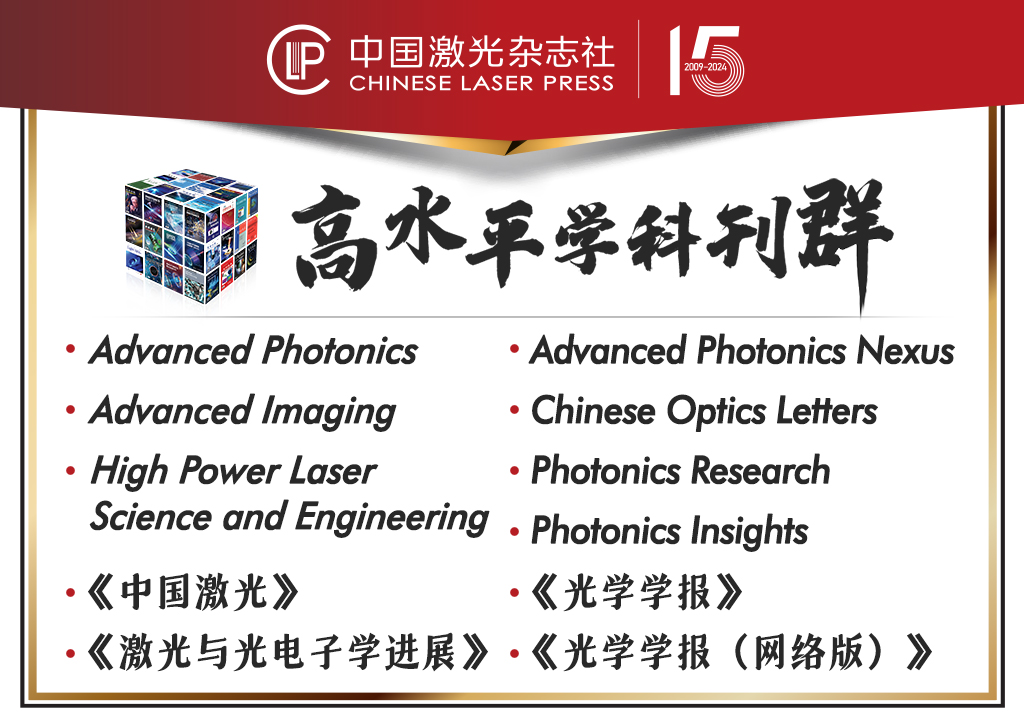激光与光电子学进展, 2021, 58 (4): 0407001, 网络出版: 2021-02-24
深度学习在卫星激光测距数据处理中的应用  下载: 1047次
下载: 1047次
Application of Deep Learning in Data Processing of Satellite Laser Ranging
信号处理 卫星激光测距 信号提取 深度学习 数据处理 signal processing satellite laser ranging signal extraction deep learning data processing
摘要
卫星激光测距是获取空间目标高精度距离的重要技术。在测量数据应用于科学研究之前,需要对原始数据进行一系列的预处理。常用的信号提取方法主要有Graz自动识别、泊松滤波和人工识别等。近年来,一些学者将深度学习技术应用到天文领域,解决了一些问题并取得了相对理想的结果。提出了一种利用深度学习技术提取目标信号的方法,实测数据的识别结果表明,所提算法具有一定的可靠性、通用性和可行性。研究结果对卫星激光测距系统向智能化方向发展有积极的作用。
Abstract
Satellite laser ranging is one of the important technical means to obtain the high-precision distance of space targets. Before the measured data is used in scientific research, a series of pre-treatments of original data are required. Geneal methods for signal extraction include Graz automatic recognition, Poisson filtering, and manual recognition. In recent years, some scholars have adopted deep learning in the field of astronomy to solve some problems and achieved relatively satisfactory results. In this paper, a new algorithm for extracting target signals using deep learning is proposed, and the recognition results of the measured data show that this algorithm has certain reliability, versatility and feasibility. This research has a positive effect on the intelligent development of satellite laser ranging systems.
冯凯斌, 汤儒峰, 李荣旺, 李语强. 深度学习在卫星激光测距数据处理中的应用[J]. 激光与光电子学进展, 2021, 58(4): 0407001. Kaibin Feng, Rufeng Tang, Rongwang Li, Yuqiang Li. Application of Deep Learning in Data Processing of Satellite Laser Ranging[J]. Laser & Optoelectronics Progress, 2021, 58(4): 0407001.







